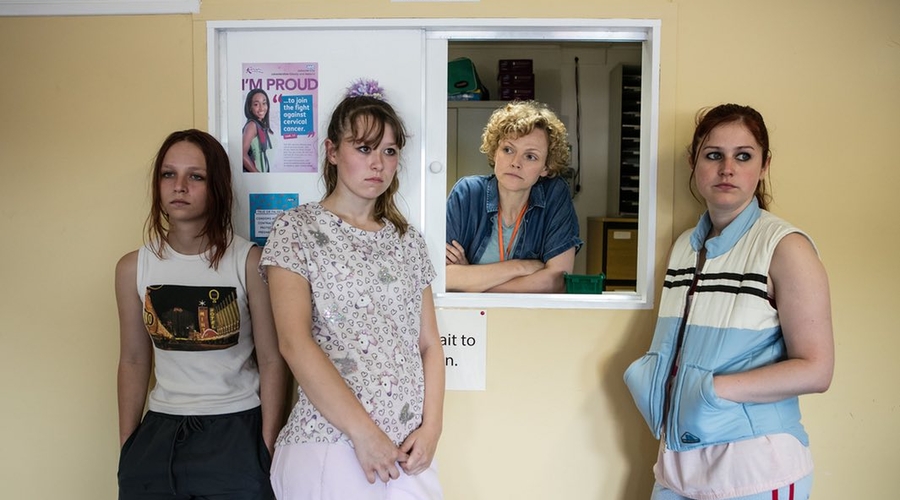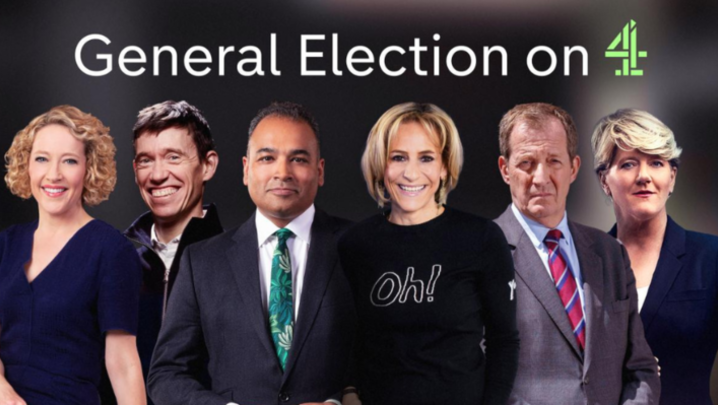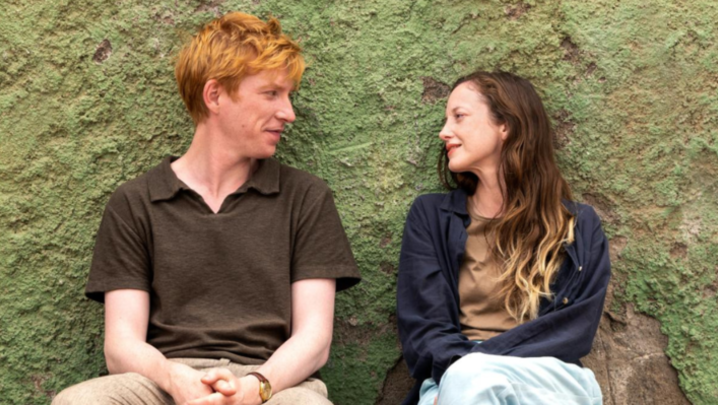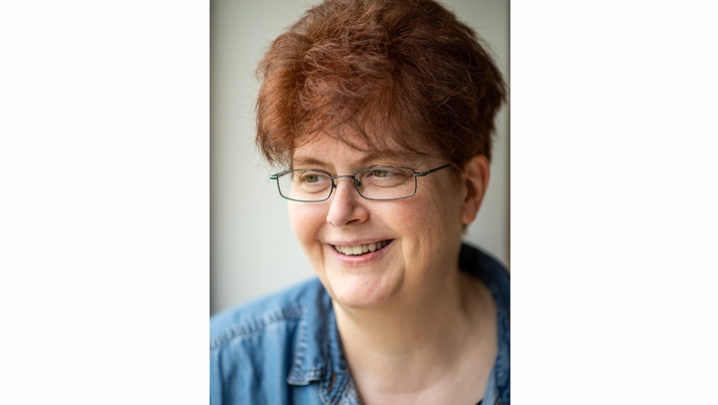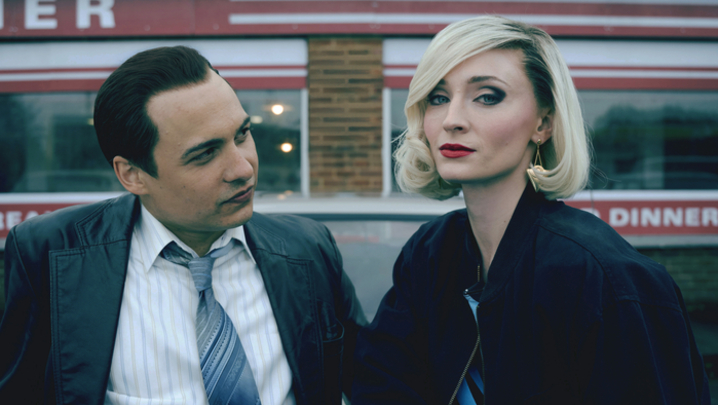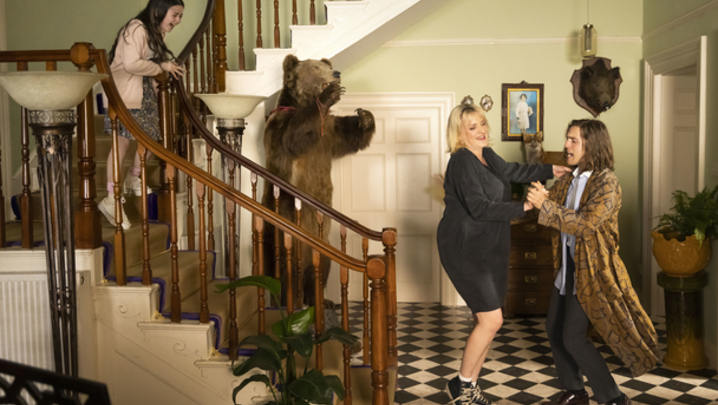“It doesn’t feel like it’s a bad time to be a producer – there are more buyers than ever,” Stephen Lambert told the audience at RTS London’s Christmas event.
The TV exec – the creative brain behind huge TV hits Gogglebox, Wife Swap and Faking It – was in conversation with Lisa Campbell, director of the Edinburgh International Television Festival, in early December.
Lambert launched his own indie, Studio Lambert – named after his father’s Soho commercials production company, in some of whose ads Lambert featured as a boy – almost a decade ago and had success with, first, Undercover Boss and then Gogglebox for Channel 4.
In the last couple of years, the indie has begun to make scripted shows, poaching Sue Hogg from the BBC to run its drama department. Its first programme – the three-part BBC drama about the Rochdale child sex abuse ring, Three Girls – aired to huge critical acclaim earlier this year. “We’ve got lots of other dramas coming down the pipeline,” said Lambert.
“At least half the shows we are making are for American customers – that’s a huge change,” he said. Until recently, UK drama producers were making shows “95% of the time” for the BBC and ITV.
However, he added that although the new money from the US streaming giants was welcome, “it’s less attractive in so much as they take global rights – our model has been to create shows that, if they’re successful, we can sell all over the world.”
Lambert also described the decision to remove the BBC’s 50% in-house production guarantee was “well overdue”, adding: “The idea that you’re spending half the programme budget on one supplier, regardless of the quality of their ideas, was a crazy idea. I think that [BBC Studios] will struggle to maintain the share of the spend that it was guaranteed in the past.”
Entertainment is another new genre for the indie, which has made a pilot, Catch Me Out for the BBC, which Lambert describes as a “studio entertainment version of Faking It”. In the show, the audience has to pick out the novice in a professional variety act.
Catch Me Out is already in production for a channel in Thailand. “Hopefully it will be made here too – we need the BBC to get on with making a decision,” he said.
Lambert began his career at the Corporation, making films for its long-running documentary strands, 40 Minutes and Inside Story, many of which were shot in dangerous places such as in Croatia during its war of independence and with the Tamil Tigers in Sri Lanka.
“I was particularly interested in telling the human story behind people in situations, very often, of conflict,” said Lambert.
“We had an enormous amount of freedom,” he recalled. “It was up to us to choose what programmes we wanted to make – that seems a long way away now. Everything is now controlled by the people at the centre.”
In 1994, Lambert was appointed editor of BBC Two documentary strand Modern Times, where he made some of the BBC’s early docu-soaps. “I was coming up with ideas for shows and series,” he said. “It was great but it didn’t reflect in one’s pay packet.
“It was the time of [then Director-General] John Birt and it felt like the power and autonomy we had (as programme-makers] was disappearing.”
Like many other BBC staff at the time, Lambert left for the independent sector, joining RDF Media in 1998 and creating two award-winning documentary formats –Faking It and Wife Swap for Channel 4 – that also wowed audiences and sold around the world. Faking It, he said, was “probably the most loved programme I’ve ever made”.

